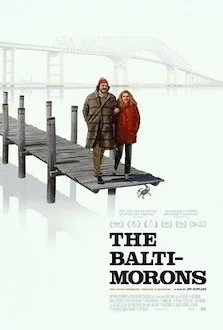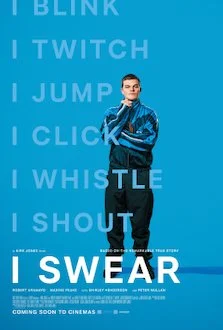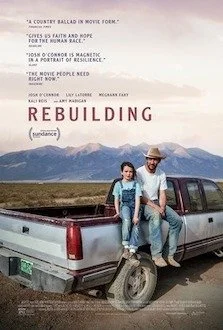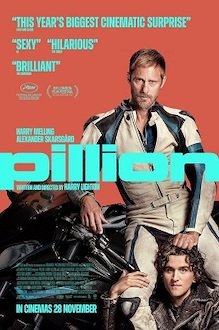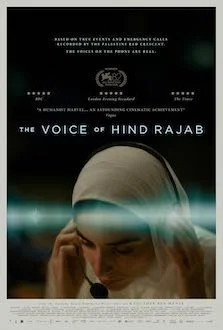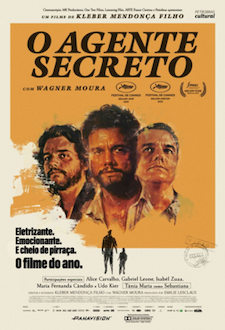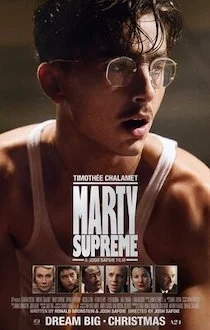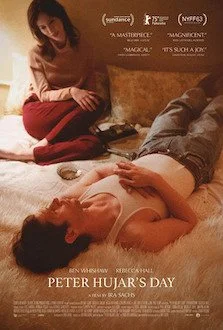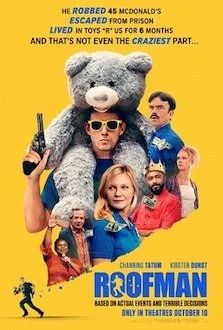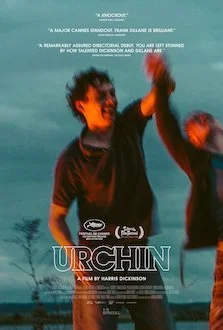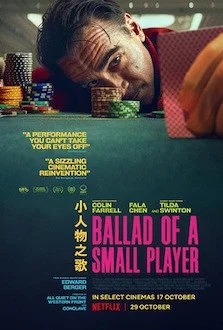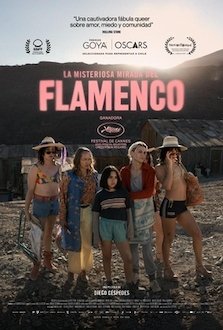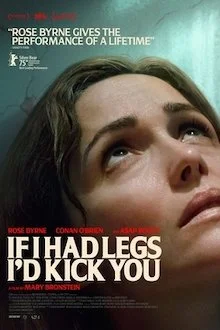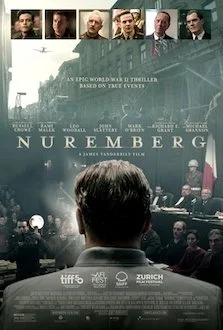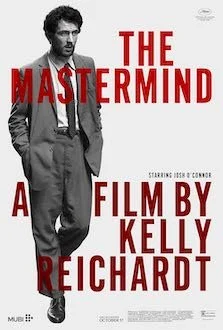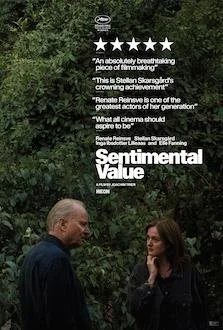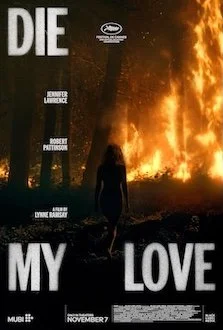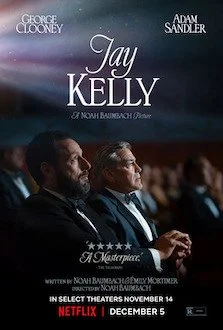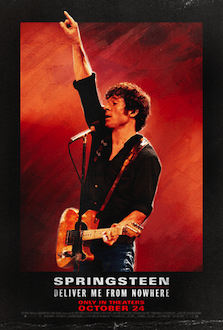Direction: Jay Duplass
Country: USA
The Baltimorons is an unremarkable romantic comedy that aims for naturalistic acting and wry observation but never quite delivers enough of either. It follows a familiar path, relying on a type of humor that feels more lowbrow than genuinely engaging. Set in Baltimore, the film follows newly sober comedian Cliff (co-writer Michael Strassner), who inadvertently spends Christmas Eve with his emergency dentist, Didi (Liz Larsen).
Jay Duplass (The Puffy Chair, 2005; Jeff Who Lives at Home, 2011) directs and co-writes a film whose biggest flaw is its inability to generate real sympathy for its characters. The whole enterprise feels somewhat stagey, if mostly harmless, hinging on a discouraging plot that is neither sharp nor eccentric enough to spark real interest. With narrative ups and downs drifting along to the sound of jazz waltzes, The Baltimorons is occasionally charming but ultimately a rather shallow, low-key rom-com featuring characters who deserve more exploration and depth than they are given. Highly uneven and oddly weighted, this love letter to Baltimore arrives with diminishing returns.

